Graduate Programs in Creative Writing
Learn about our top-ranked M.F.A. in Creative Writing program.
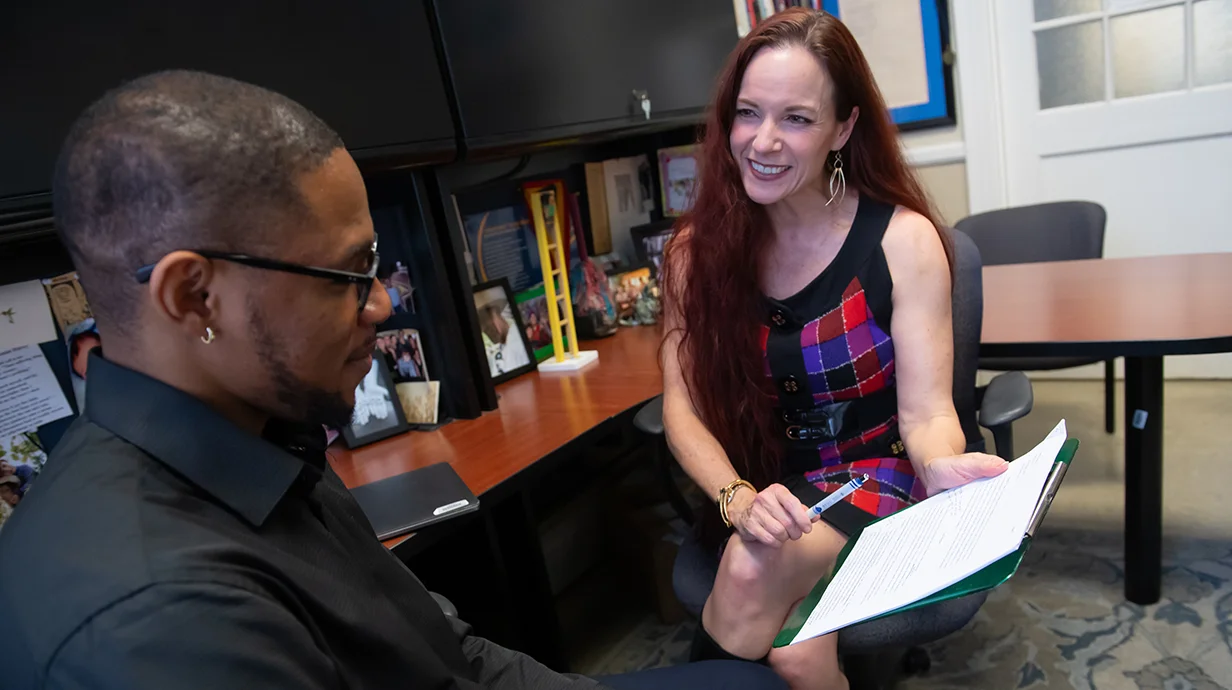
Exploring the Power and Craft of Creative Writing
The Master of Fine Arts in Creative Writing offers advanced poets and fiction writers three years of fully-funded support and community in Oxford, Mississippi, the South’s greatest literary town.
We accept four poets and four fiction writers each year, boasting a 3:1 professor-student ratio. Admitted students work closely with our distinguished faculty in collaborative and intensive workshops; literature, form, and craft courses; and a thesis year that culminates with a finished, polished manuscript in poetry or prose.
In our program, we strive to provide the groundwork and the seeds to help our students grow in their writing long after their time in Oxford. We’re so proud of the sheer number of Mississippi MFA alumni who have gone on to publish and win awards for their writing, including the Pushcart Prize, the Stegner Fellowship, and the Cave Canem Poetry Prize. Our graduates’ books have been featured in the New York Times Book Review, Publishers Weekly, and more. Many of our alumni are now teaching writing all over the country, and several have gone on to editorial and publishing jobs as well.
We take great pride in our program, our writing community, and of course, our students.
A Community of Creatives
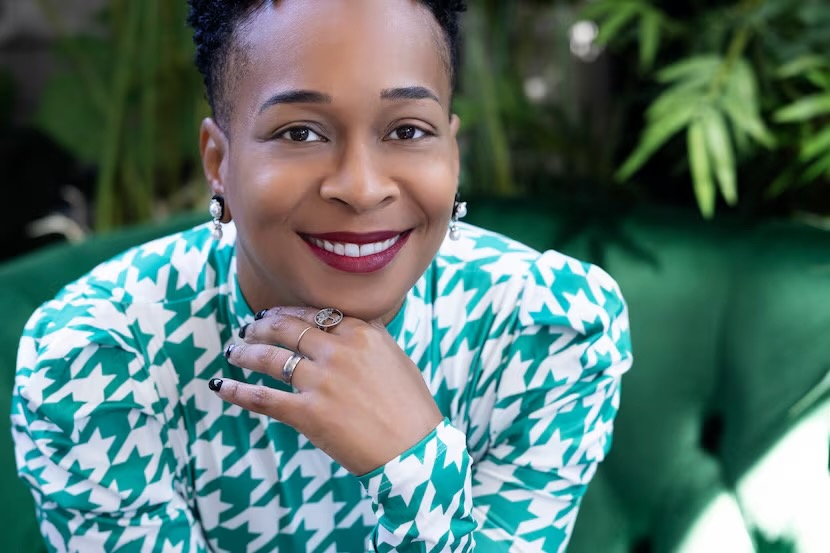
Grisham Writers-in-Residence
John and Renée Grisham Writers-in-Residence are emerging writers selected by internal nomination on the strength of their writing. They teach one class each semester and are involved in our close-knit creative writing community.
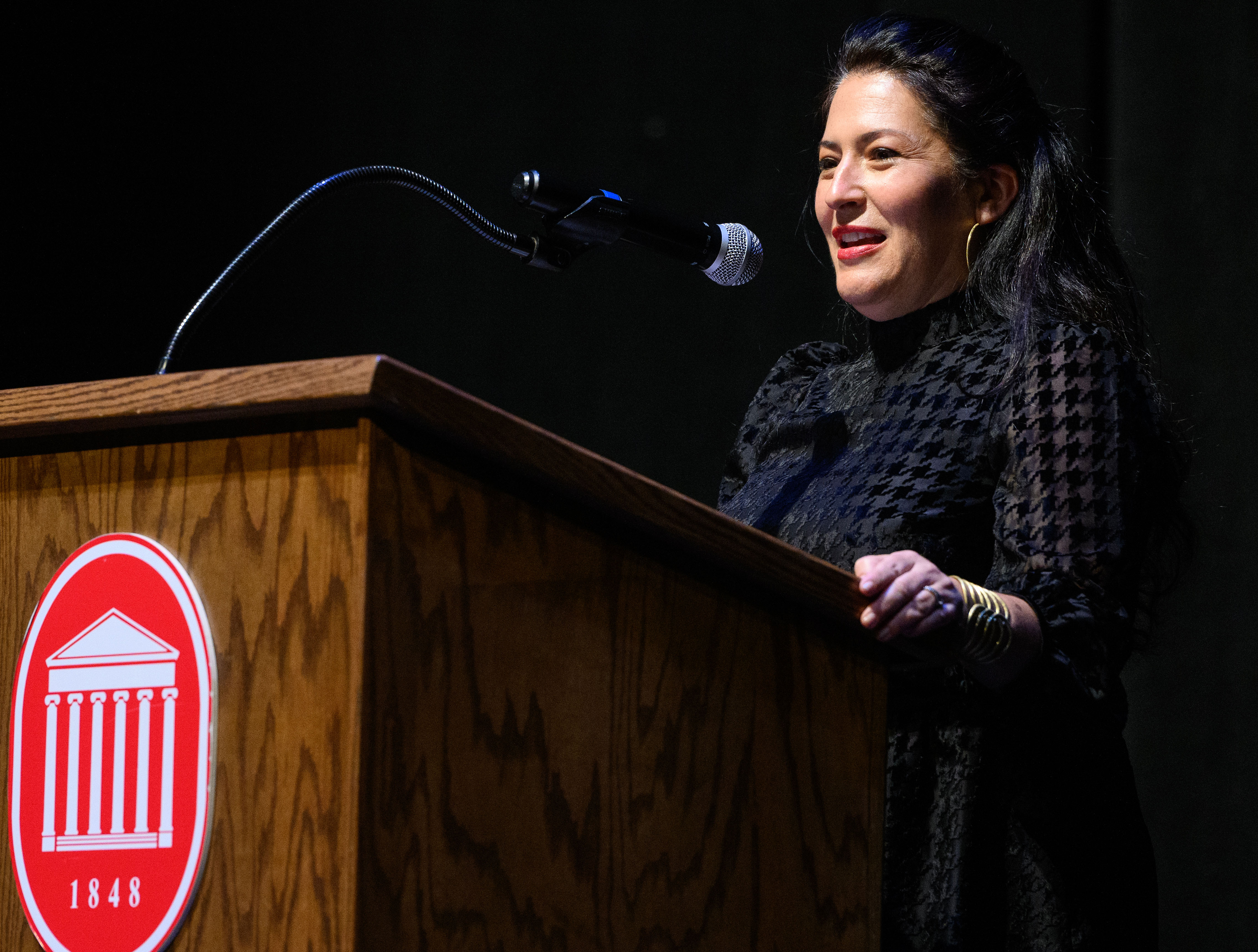
Dynamic Readings with Celebrated Authors
Each year we bring to campus a diverse array of internationally renowned writers. In recent years, Ada Limon, Ha Jin, Claudia Rankine, Rita Dove, Kiki Petrosino, Shane McCrae, Jennifer Egan, Craig Santos Perez, Tyehimba Jess, and many others have visited. Each year, we also host literary agents for student consultations and pitch sessions.
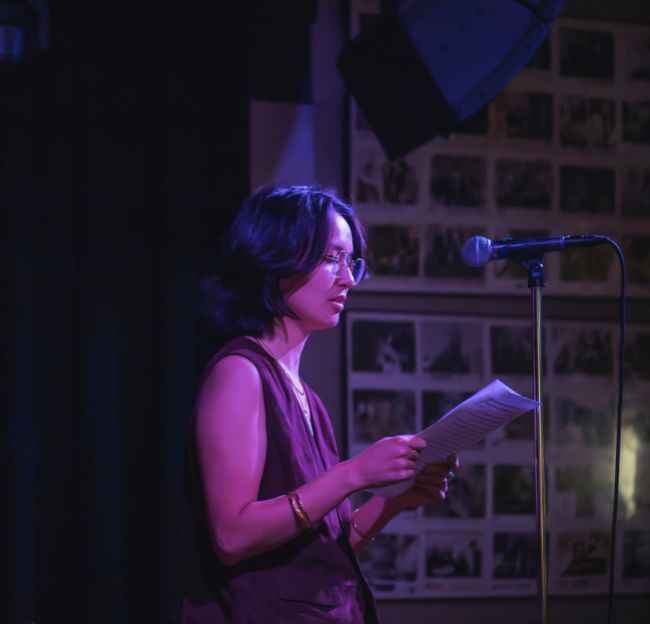
Share Your Story
Our long-running series MissReads gives our graduate student creative writers the opportunity to read to a robust audience from the department, university, and community.
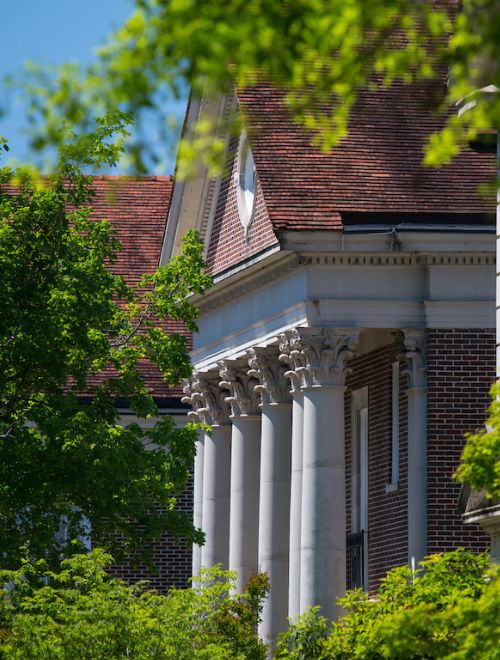
Yalobusha Review: Journal of New Writing
Yalobusha Review is a literary journal of new writing, founded in 1995 and edited by our graduate students. YR is proud to showcase emerging writers from around the world and from Mississippi.
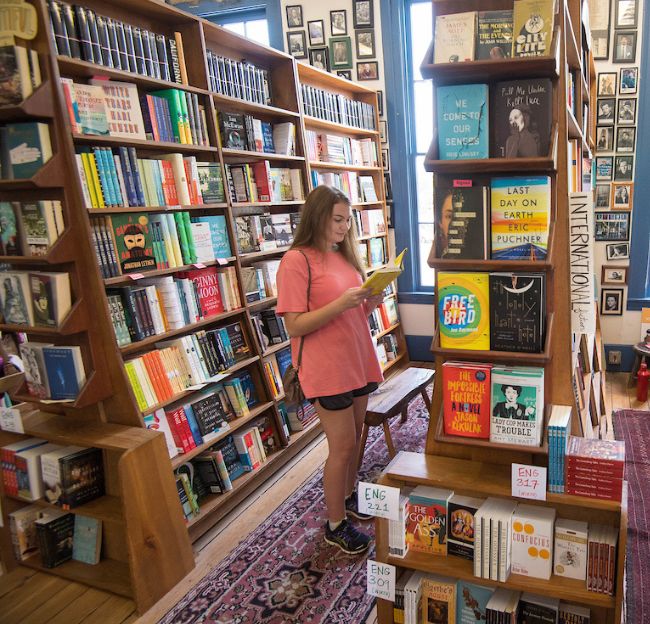
The South's Greatest Literary Town
For decades, William Faulkner called Oxford home, and today it is home to the celebrated independent bookstore Square Books. The community regularly hosts literary events, such as the Oxford Conference for the Book and Thacker Mountain Radio Hour. These are just some of the reasons why UM English is an ideal place to study literature and creative writing.
Meet the Director of the M.F.A. Program
Melissa Allee Ginsburg
Director of Graduate Creative Writing Programs and Associate Professor of English and Creative Writing
Frequently Asked Questions
There are two phases of the application process.
There is no fee for the first stage of the MFA application. At this stage, we are evaluating
applicants based solely on the merits of the writing. If your application progresses to Phase 2 in
February, we will then ask you to officially apply to the UM Graduate School, at which point a
$60 fee will be collected.
Before December 15, upload the following items in a single PDF document here:
The file should be labeled [LastName.FirstName.Genre]. Make sure your name, contact
information, and page numbers are included on each page.
• A cover sheet with your name, mailing address, email, and phone number, and the titles
of all pieces in your writing sample.
• A statement of purpose (no more than two single-spaced pages) that indicates your
background and experience, as well as any academic or career goals you hope to achieve
in the program. You should also tell us here if you wish to be considered for a teaching
assistantship or fellowship; there is no separate application for assistantships or
fellowships.
• A writing sample consisting of either 10 pages of poems (single-spaced) or no more than
20 pages of prose (double-spaced).
*If applying for both genres, please send two separate Phase I applications, each clearly labeled
by genre.
*If you have already applied and need to update your application, email the Admissions
Coordinator at mfaadm@olemiss.edu the most recent copy of your application with the file
name including "current.”
Artificial Intelligence Policy
Applicants may not use Generative Artificial Intelligence tools in work samples or personal
statements for any of the following: translation; brainstorming or idea generation; generating
sentences, paragraphs, story structure, poetic form, or any other content; or for editing and
proofreading other than basic spellcheck and grammar check.
If AI is used deliberately for artistic purposes, you must disclose this use in a separate
statement which cites your sources, justifies your choice to use AI, and details how it was
incorporated in your writing process. Any other use of these tools or failure to disclose or cite
use of AI will disqualify your application.
Phase Two, February 15-April 15:
When we have completed Phase I, which we will try to do by mid-February, we will contact all
applicants via email. Those applications who are moved on to Phase 2 will be invited to submit
the UM Graduate School online application and pay the application fee. Applicants who are not
admitted to Phase 2 will be notified via email by mid-March.
Before March 1, Phase 2 applicants should complete the UM Graduate School online
application. This involves:
• Completing an online application form (found here: https://olemiss.edu/applynow/)
• Paying the $60 application fee to the Graduate School.
• Sending three letters of recommendation to the Graduate School. When you put in your
recommenders’ email addresses in the online application, it will take 24-48 hours for
them to get an email from the Grad School. That email should include a link where they
can upload their recommendation. Recommenders can also email letters to
mfaadm@olemiss.edu and gschool@olemiss.edu.
• Sending official transcripts to the Graduate School through the online portal, or via
mail:
o The University of Mississippi
Graduate School
100 Graduate House
University, MS 38677
If you don’t have your official transcripts yet, you can email unofficial ones to
mfaadm@olemiss.edu and gschool@olemiss.edu as you wait for the official ones to clear.
*Writing Samples: You should not need to reupload your writing sample or statement of
purpose. However, if the online application will not let you submit it without that step, upload
the same documents you applied with during Phase 1.
Yes. Students who teach summer courses make additional income. Our students are able to apply for the Dissertation Fellowship, which awards $8000 and freedom from teaching responsibilities for one semester during the third year.
The MFA Program and English Department also conduct several contests that award prize money, such as the DC Berry Prize, which gives three cash awards to MFA students.
What's Next in UM English
Follow us on Instagram to learn about current happenings in our department and community.
View this profile on Instagram
